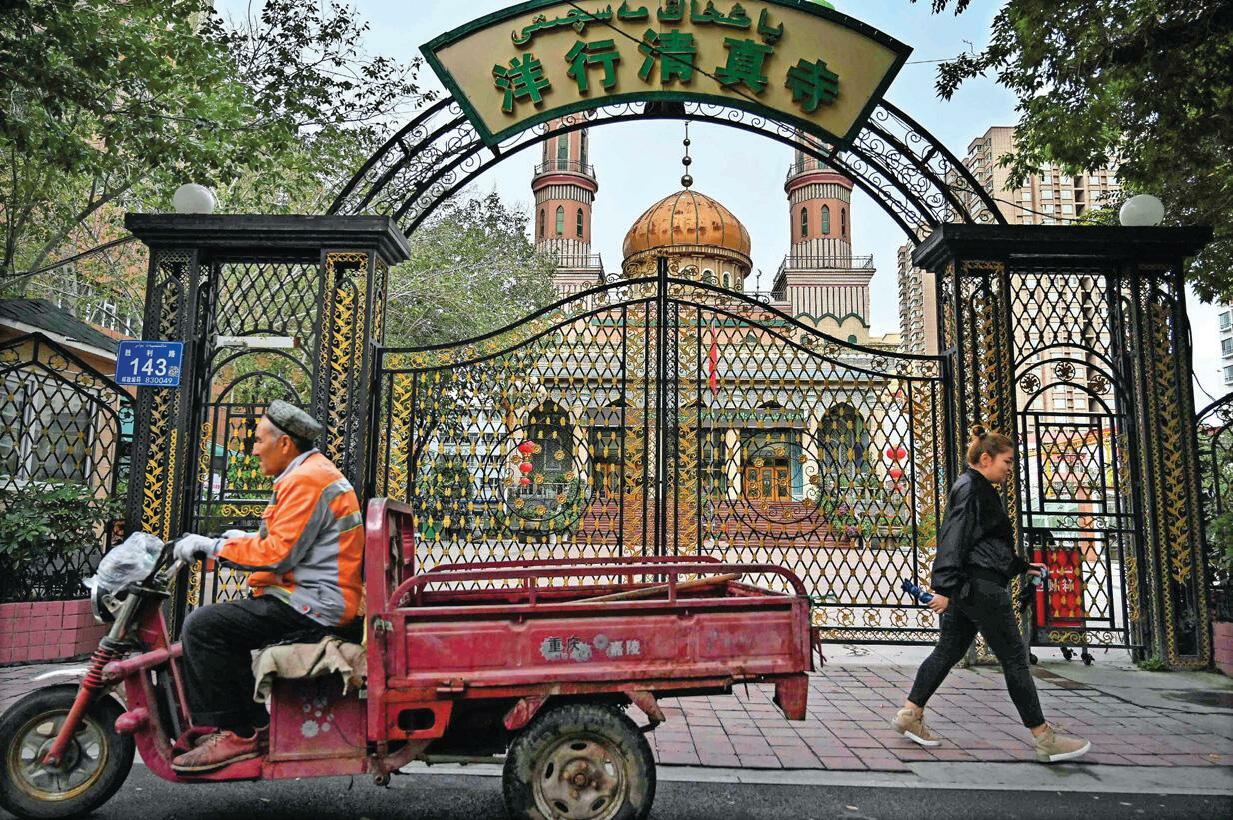Prøve GULL - Gratis
PRECIOUS FREEDOMS
THE WEEK India
|July 21, 2024
There is little comparison with China on civil liberties. But India could heed the lessons

On June 3, 1989, the Chinese government sent tanks, armoured vehicles, soldiers and armed police to clear Tiananmen Square, which is among the world's largest public spaces, and its periphery off protesters and bystanders. A large number of people were killed overnight and until next evening.
Thousands had gathered from across the country in the weeks leading up to the crackdown to demand political reforms, support the protests or witness what turned out to be one of the 20th century's most significant events. The Communist Party of China has since done a lot to keep any challenge to its rule, even notional, at bay.
China has witnessed a vigorous crushing of civil liberties over the past decade. India saw the freedoms of speech and faith come under strain during a similar period. While the two countries cannot be compared on this matrix, India could heed the lessons from China.
This year, the Hong Kong police detained an artist for drawing "8964"-a reference to the date of the Tiananmen Square crackdown in the air. Others were arrested for gestures such as turning on their phone torch, associated with a vigil that is no longer allowed. The commemoration is barred in China. Under a national security law following the pro-democracy protests in 2019-20, Hong Kong is being made to resemble the mainland. Thousands, mostly youth, were arrested after that. Tiananmen Mothers, an NGO of the families of students killed that summer in Beijing, are not allowed to grieve in public.
So far, the party has termed the Mao-era Cultural Revolution (1966-76) a turbulent phase. It has not acknowledged 1989 more than a “political incident”.
Denne historien er fra July 21, 2024-utgaven av THE WEEK India.
Abonner på Magzter GOLD for å få tilgang til tusenvis av kuraterte premiumhistorier og over 9000 magasiner og aviser.
Allerede abonnent? Logg på
FLERE HISTORIER FRA THE WEEK India

THE WEEK India
A KNIGHT TO REMEMBER
How the latest Game of Thrones prequel saved the franchise
4 mins
March 08, 2026

THE WEEK India
CURRENTS OF CHANGE
Kayakers on the Tawangchu river are transforming a frontier district
3 mins
March 08, 2026

THE WEEK India
Himalayan challenge
The upcoming parliamentary elections is a referendum on governance, institutional integrity and public trust
5 mins
March 08, 2026

THE WEEK India
Third Mumbai will be much bigger than what Mumbai is now
THE DIFFERENCE BETWEEN MUMBAI AND NAVI MUMBAI IS THAT NAVI MUMBAI IS PLANNED, AND HAS MORE OPEN SPACE, PLAY AREAS AND GREENERY. THIRD MUMBAI WILL BE BIGGER AND BETTER.
3 mins
March 08, 2026

THE WEEK India
AI dreams and blocked pipes
I can't see the clogged toilet pipes of the world's most expensive and advanced aircraft carrier, the USS Gerald R. Ford, currently stationed in the eastern Mediterranean on a mission to punish Iran into abject surrender, as anything but symbolic.
2 mins
March 08, 2026
THE WEEK India
Rejoinder to the column by Mahua Moitra
This is with reference to Ms Mahua Moitra's column, 'Hard questions for Hardeep' (March 1, 2026). The column dresses up insinuation as accountability, builds its narrative on inflated arithmetic, and invites the reader to mistake volume and vocabulary for evidence. The record does not support her leaps. But before we examine the substance of what she claims, the reader is entitled to consider who is making the claim—because the messenger, in this case, is the message.
8 mins
March 08, 2026

THE WEEK India
Open AI sesame
India needs more than a summit to open the doors to AI glory
5 mins
March 08, 2026

THE WEEK India
A global invocation
Auroville and Puducherry hosting Global Spirituality Mahotsav 2026
3 mins
March 08, 2026

THE WEEK India
Power of resistance
A durable democracy in Bangladesh needs an empowered, institutional and responsible opposition
2 mins
March 08, 2026

THE WEEK India
The pause that matters
In many parts of the world, including India, a quiet but pivotal shift is unfolding. Women are living longer, fuller lives, and daughters are outpacing their mothers in education, careers and ambition. Even so, one of the most important transitions in a woman's health journey is only now receiving the attention it deserves. Menopause is increasingly being understood not as an ending to be endured, but as a turning point shaping long-term health and vitality.
2 mins
March 08, 2026
Listen
Translate
Change font size

